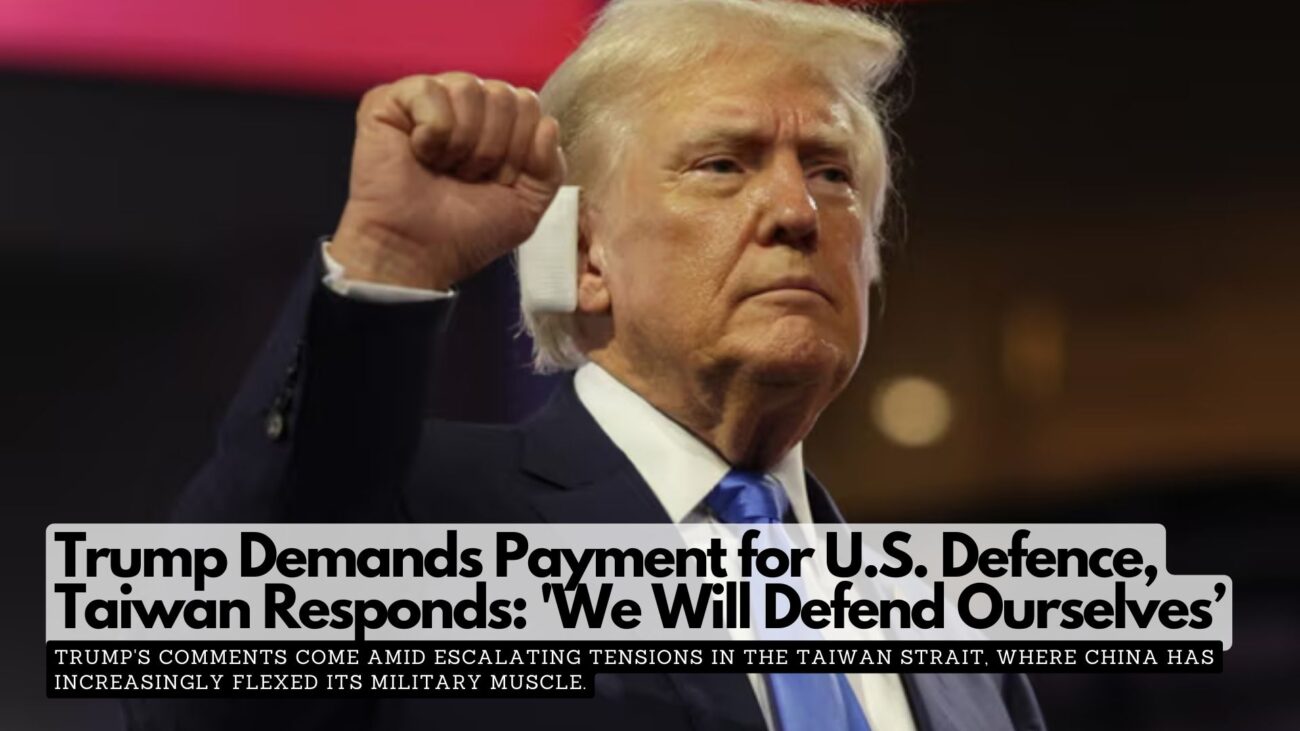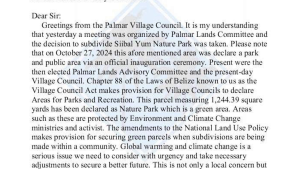Trump Demands Payment for U.S. Defence; Taiwan Responds: ‘We Will Defend Ourselves’
Former President Donald Trump has stirred controversy by suggesting Taiwan should pay the United States for protection against China, raising doubts about Washington’s commitment to the island if he were to reclaim the White House in November, 2024.
In an interview with Bloomberg Businessweek, Trump demanded that Taiwan, a self-governed island, should finance U.S. protection, evaded answering whether he would defend it against China’s military actions, and accused Taiwan for taking the computer chip business away from the US, “I know the people very well, respect them greatly. They did take about 100% of our chip business, I think. Taiwan should pay us for defence,” said Trump.
Trump’s comments come amid escalating tensions in the Taiwan Strait, where China has increasingly flexed its military muscle. The U.S. remains Taiwan’s key security partner, selling billions in weapons under legal obligations to bolster its defence capabilities. “They have consistently been one of the biggest buyers of U.S. weapons for its defence,” said McCaul, a Republican, who travelled to Taiwan to affirm the U.S. support for the island, AP reported.
Moreover, President Joe Biden has reiterated his administration’s readiness to defend Taiwan against any Chinese aggression. According to AP, “Last month, the Biden administration approved a $360 million weapons sale to Taiwan, sending the island hundreds of armed drones, missile equipment and related support material. Taiwan pays for the military equipment.”
Responding to Trump’s remarks, Taiwan’s Premier Cho Jung-tai reaffirmed the island’s gratitude for U.S. support and commitment to enhancing its self-defence capabilities: “as a member of the international community, Taiwan and the US share a common responsibility for the Indo-Pacific region of the Taiwan Strait, and we are willing to do more to defend ourselves and protect our security,” The Guardian reported.
As the U.S. presidential election approaches, Trump’s statements signal a potential shift in U.S. foreign policy priorities, particularly concerning its stance on China and its strategic engagements in the Asia-Pacific region.







Facebook Comments